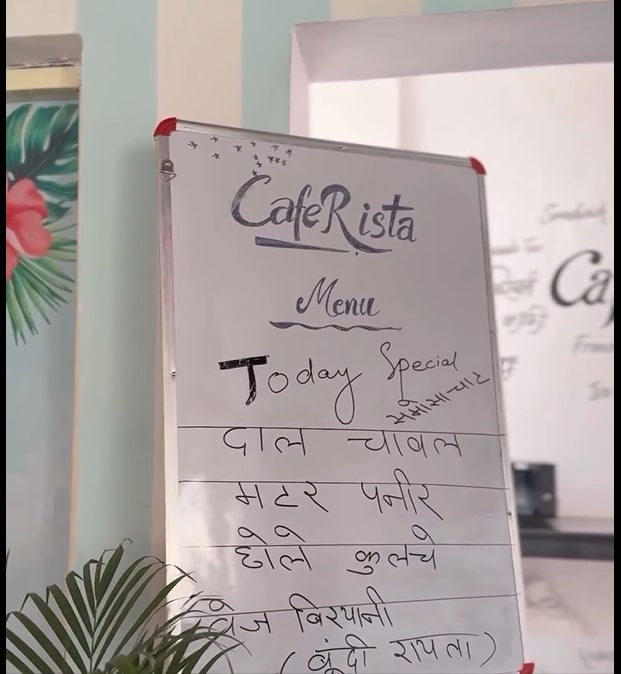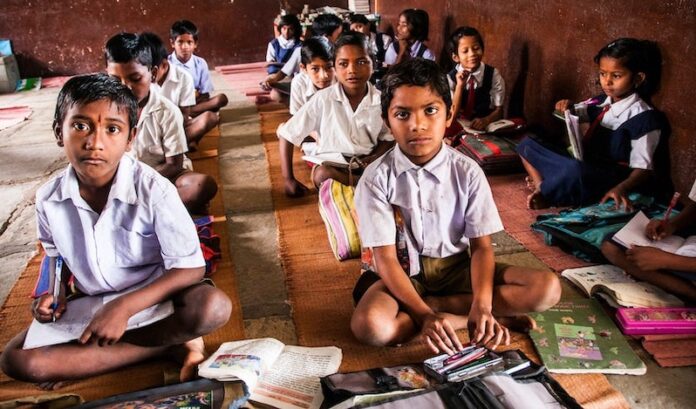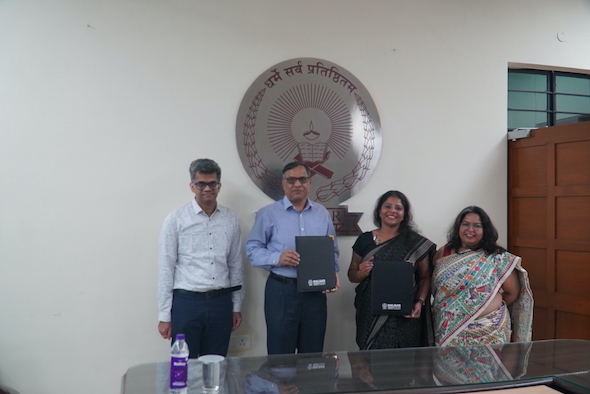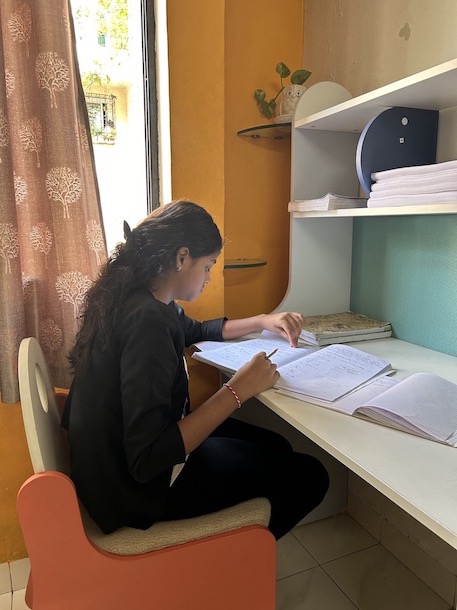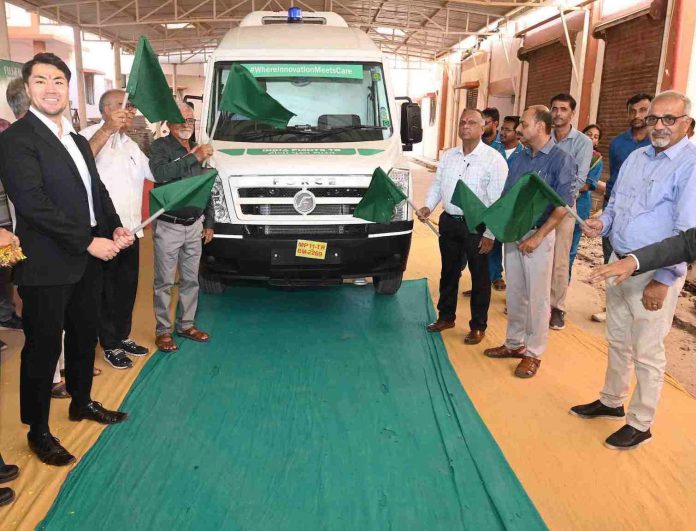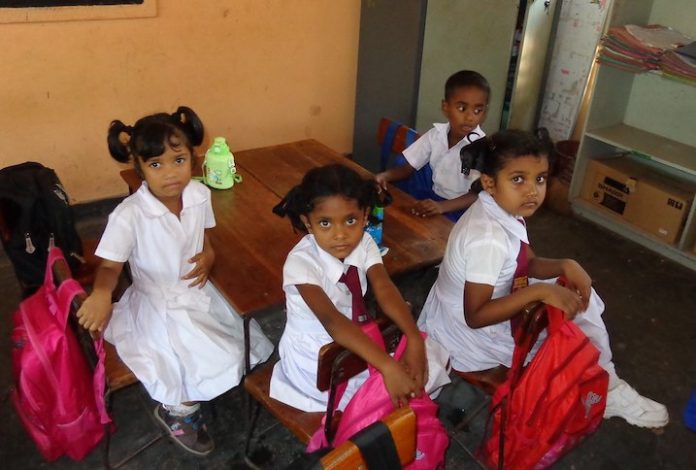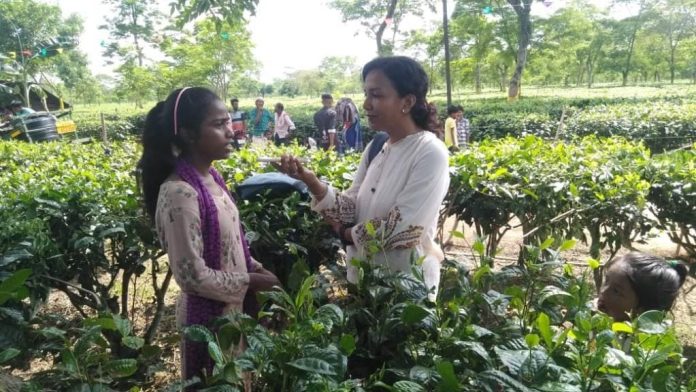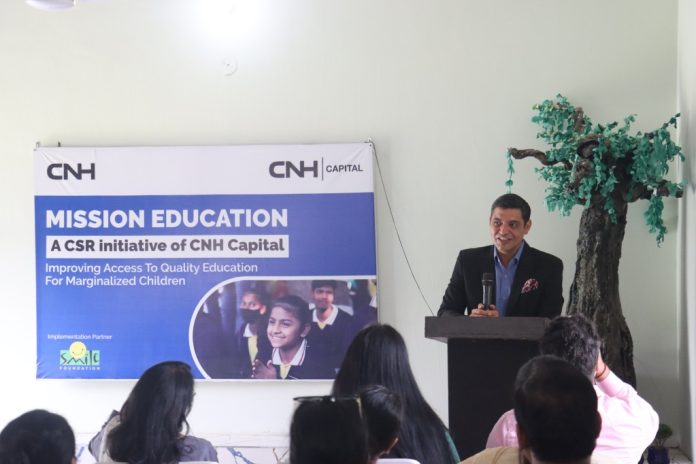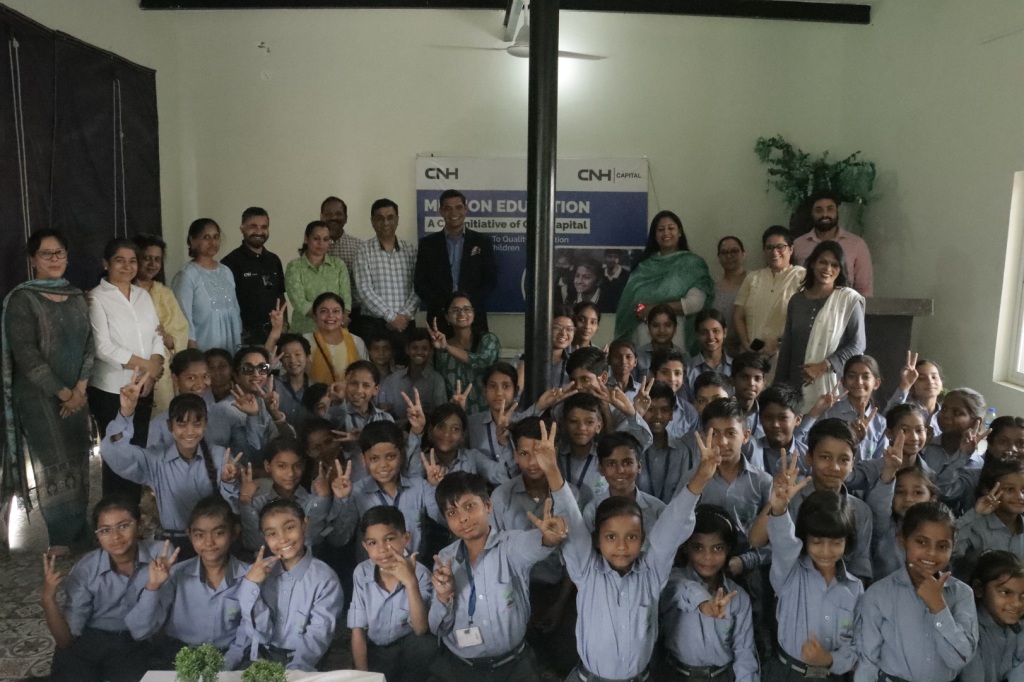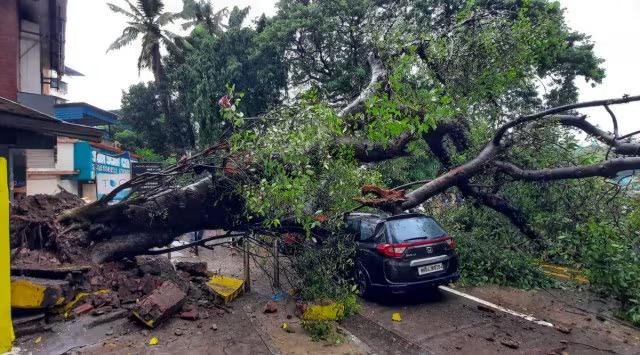Every time we visit a police station, we are distressed, worried, anxious or disturbed. Perhaps there a no instances where a person visiting the police station is happy! Have you ever sat inside a police station for a cup of tea/coffee with officials? Have you ever dined with police personnel that too inside a police commissionerate? Well, here is a chance for you to do this if you are a resident of Noida!
Uttar Pradesh Police has come up with a first of its kind initiative where you can now sit with them not just for a cup of tea coffee but for a full course meal that too inside the commissionerate! A beautiful pastel-coloured cafe titled ‘Cafe Rista’ has been set up at the Gautam Buddh Nagar Police Commissionerate at Noida Sector 108.
Open to all
The cafe has been conceptualised by IPS Laxmi Singh, CP Gautam Buddha Nagar and IPS Babloo Kumar, Ad. CP, Headquarters. It aims to improve relationship between police officers and civilians. Cafe Rista is managed by the Noida Police and open to everyone.

The cafe offers a welcoming space with delicious meals and snacks items like sandwiches and paranthas at affordable prices. However, what is most interesting is its location! This cafe is located close to Family Dispute Resolution clinic or the Counselling and Mediation centre of the Commissionerate. Casual visitors and complainants have started visiting the cafe, informed IPS Preeti Yadav in a video shared on Instagram. She added, “People often view police with apprehension, forgetting we’re simply people in uniform. This cafe is a bridge, fostering connection between civilians and officers.”
Cafe decor
The cafe decor boasts of colourful posters of popular police characters from films and television from olden times till now. “Usually people get to know about our work through Bollywood, so we have tried to show these inspiring characters from the silver screen,” informed IPS Yadav.
